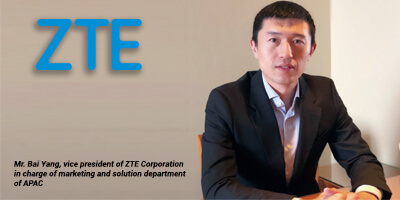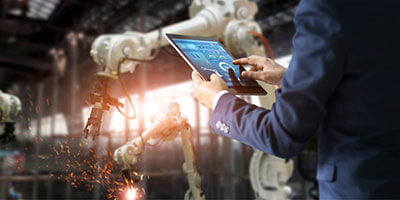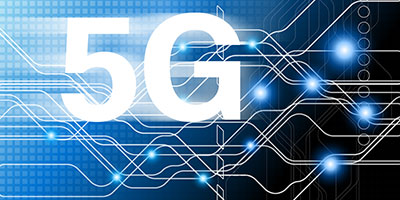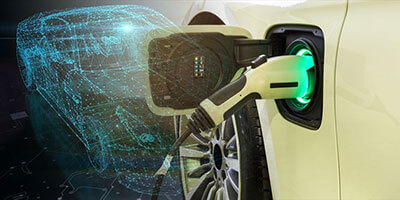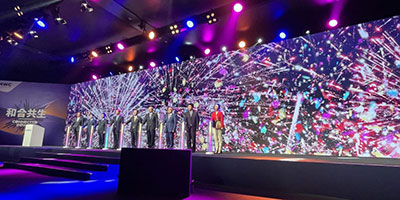China is bent on taking the lead in technology, with the nation pressing ahead in its quest for technological dominance, as highlighted in its fourth session of the 13th National People’s Congress (NPC) held over two days in early March.
Featured Articles
Revolutionize industries through paving the path for the digital economy
As digitalization becomes increasingly fundamental to Asia Pacific’s economic growth, Telecom Review Asia Pacific interviews Mr. Bai Yang, vice president of ZTE Corporation in charge of marketing and solution department of APAC to glean insights into ZTE’s innovations that help spearhead and support the region’s industry digitalisation.
Smart factories: The future of Asia’s manufacturing hub
Manufacturing is one of the key pillars of economies in the Asia Pacific (APAC) region. According to GlobeNewswire, APAC is the largest general manufacturing market in the world, accounting for 43% of the global market. With the advent of the Industry 4.0 revolution, the world’s largest manufacturing hub will experience significant shifts as connectivity becomes the backbone of next-generation factories, where artificial intelligence (AI), machine learning, cloud computing and the Internet of things (IoT) are being embraced to unleash technology-driven smart manufacturing.
High band 5G mmWave takes 5G to the next level
As 5G technology becomes increasingly widespread, attention is veering towards high band 5G mmWave spectrum to deliver greater capacity and faster performance levels for data-intensive 5G mobile communications such as video communications, as well as virtual and augmented reality.
Automotive revolution: The race towards electric cars and autonomous driving
Autonomous driving has been envisioned as the future of mobility to bring about benefits such as enhanced mobility, safer and less congested roads, as well as reduced environmental impacts. But owing to a combination of factors such as regulation, technology and infrastructure, it has not yet fully materialised. Nevertheless, the industry remains hopeful as technology providers, automobile companies and OEMs continue to secure strategic partnerships to gain a head start into the future of autonomous driving.
5G and MEC: The new frontier for telecommunications operators at the edge
According to GSA, 144 operators in 61 countries or territories have launched commercial 3GPP-compatible 5G. As digital transformation becomes a global trend in today’s 5G environment, Multi-access Edge Computing (MEC) offers telecommunications operators computing solutions at the edge to leverage on 5G promises and monetize 5G infrastructure to reap revenue from next-generation services.
MWC Shanghai 2021 in full swing in the large-scale hybrid event of its kind, hosted by GSMA
MWC Shanghai 2021 kicked off yesterday as the first large-scale hybrid event of its kind, hosted by GSMA. Taking place from 23rd to 25th February, MWC Shanghai 2021 showcases Asia’s mobile industry.
How SD-WAN optimises SaaS for CSPs to grow offerings
Software-as-a-service (SaaS) is fast becoming the go-to technology for enterprises that require agility and flexibility when deploying new services or improvising existing ones. A significant departure from on-premise solutions, SaaS offers quicker and less complex deployments, as well as improved cost optimisation and reduced total cost of ownership (TCO).
Asia taps on advanced technologies to cope with COVID-19 impact
The world ushered in 2020 with anticipation and merriment, only to have moods quickly dampened when a novel coronavirus reared its ugly head. Before long, COVID-19 gripped countries globally. By the end of last year, the pandemic killed about 2 million people worldwide.
5G and the impact on next-generation data centres
The shift from 4G to 5G yields benefits like increased bandwidth, decreased latency and increased connection density. These 5G benefits bode well against a global backdrop increasingly powered by IoT, driven by developments in artificial intelligence (AI) and machine learning (ML).



